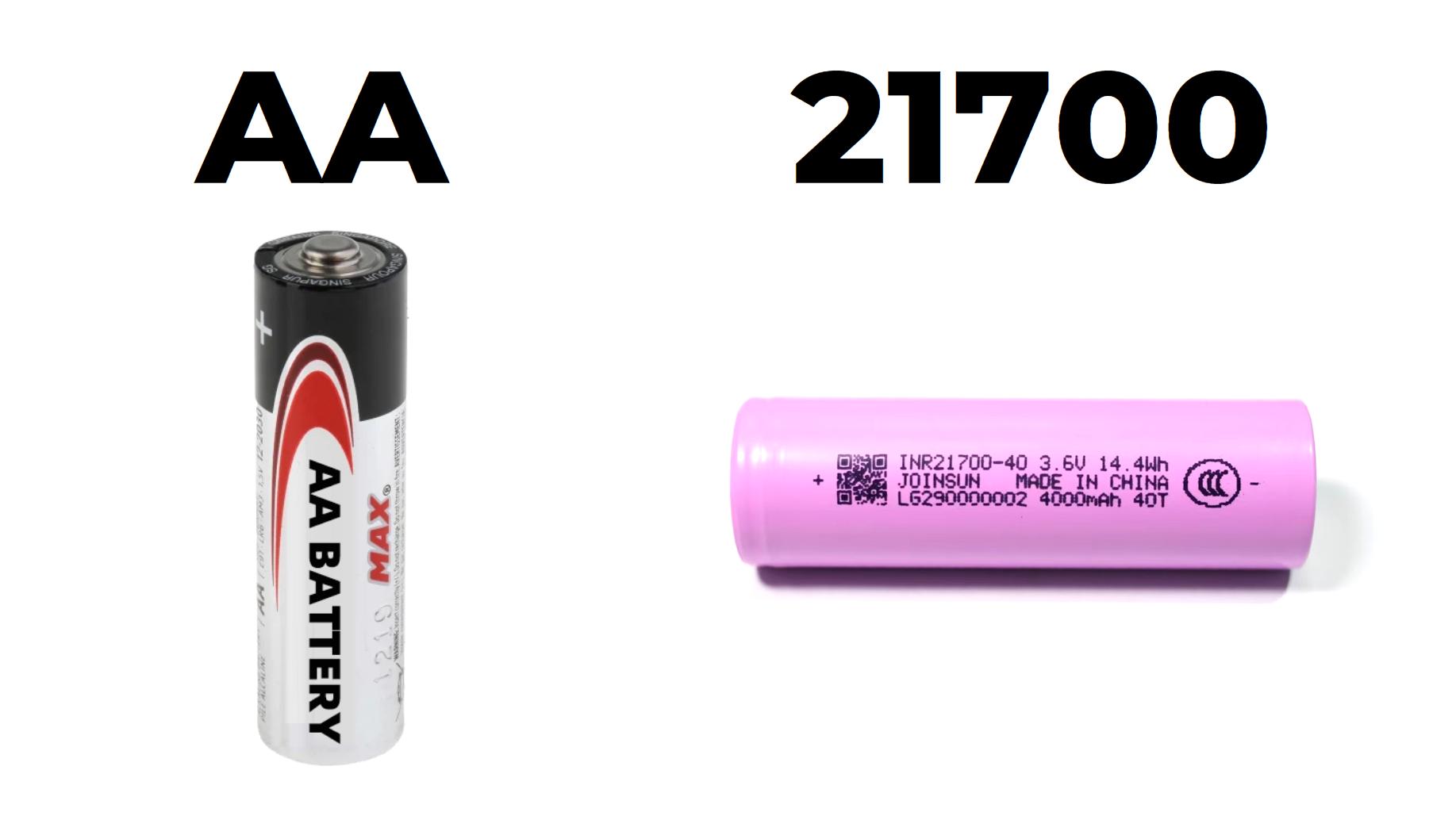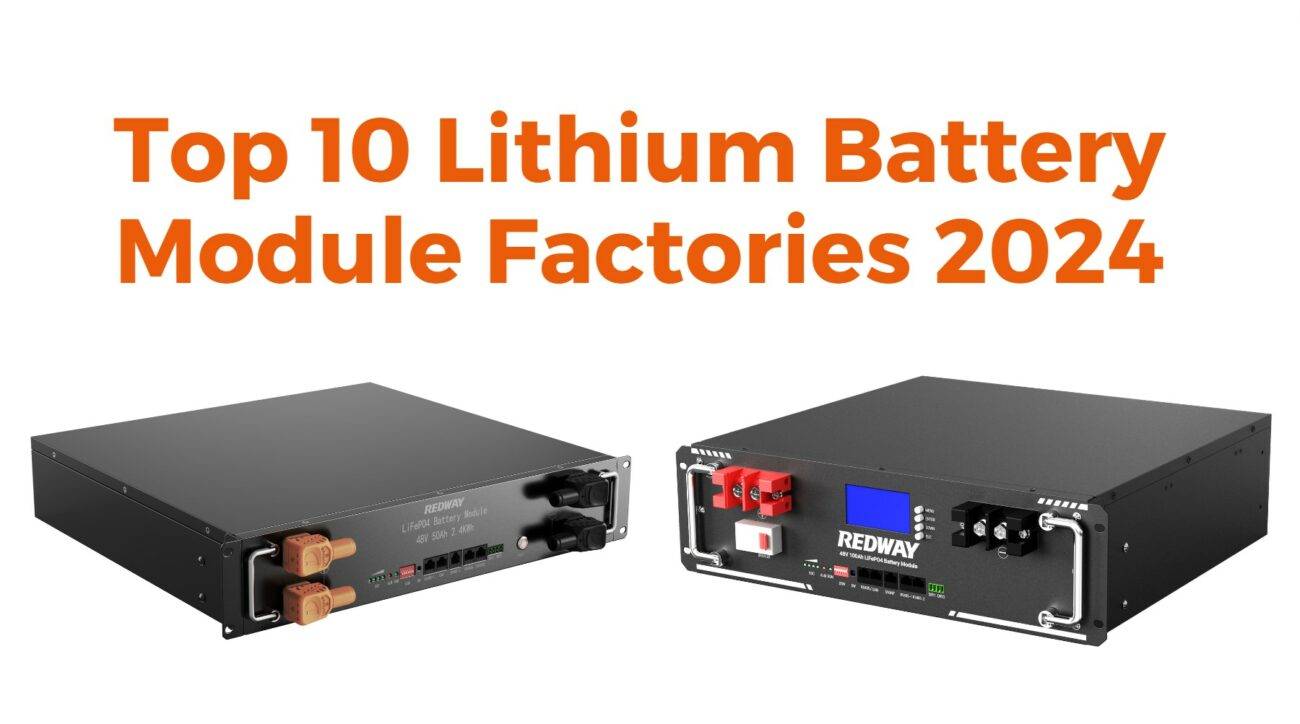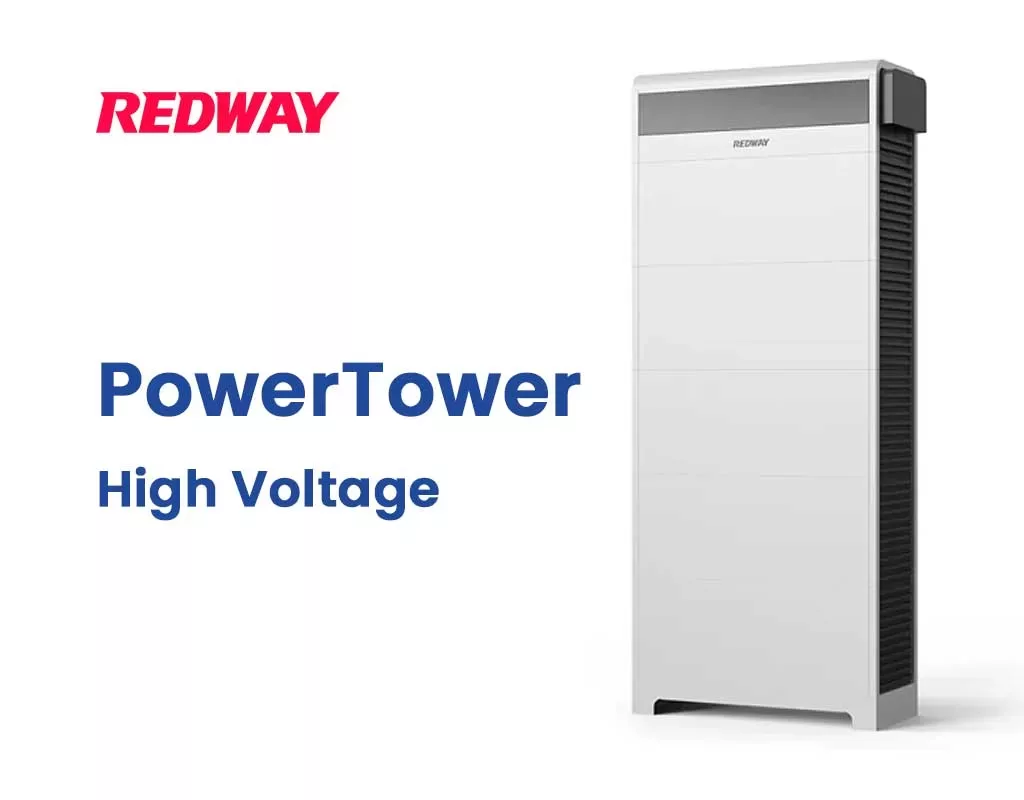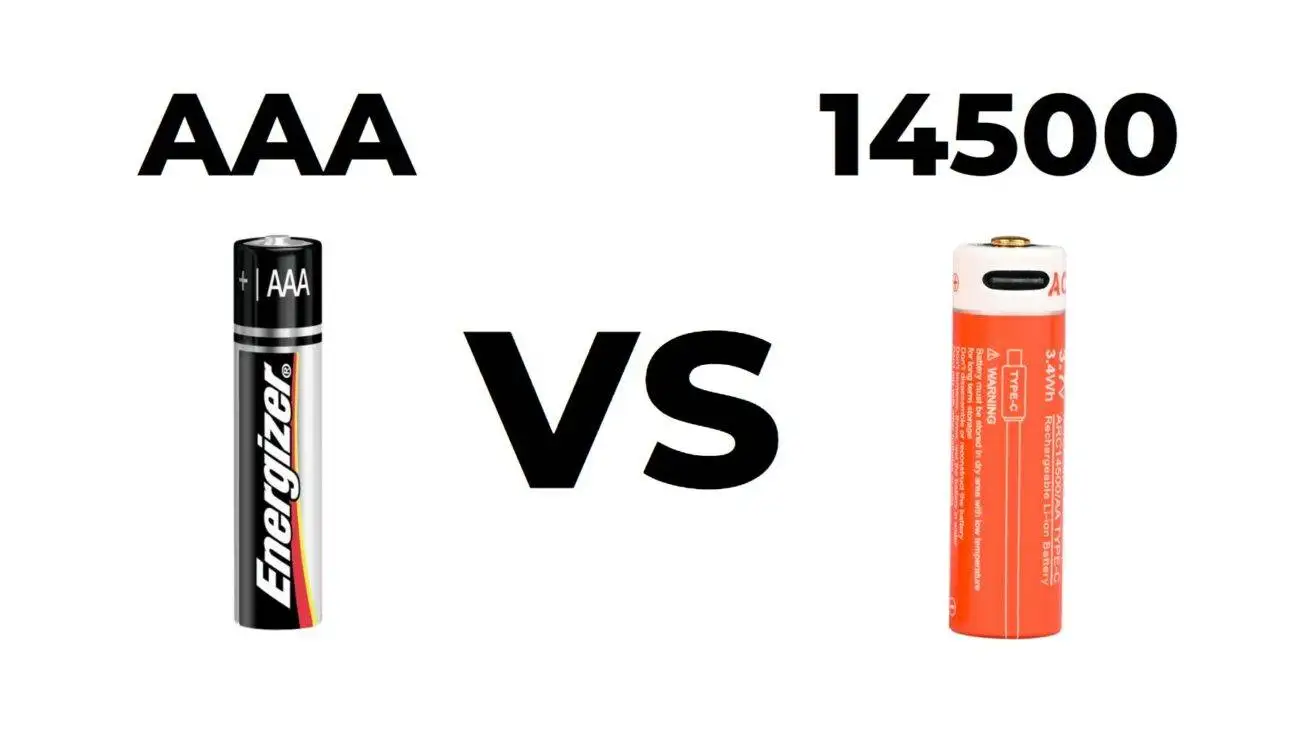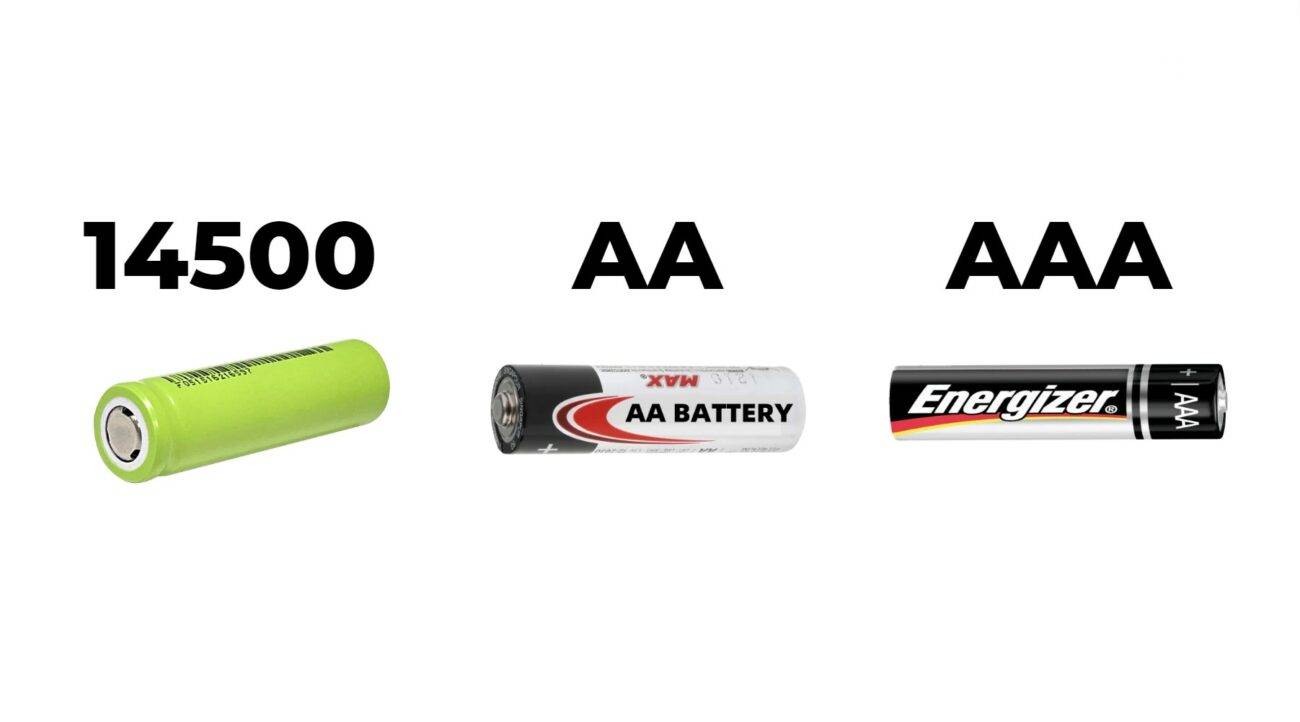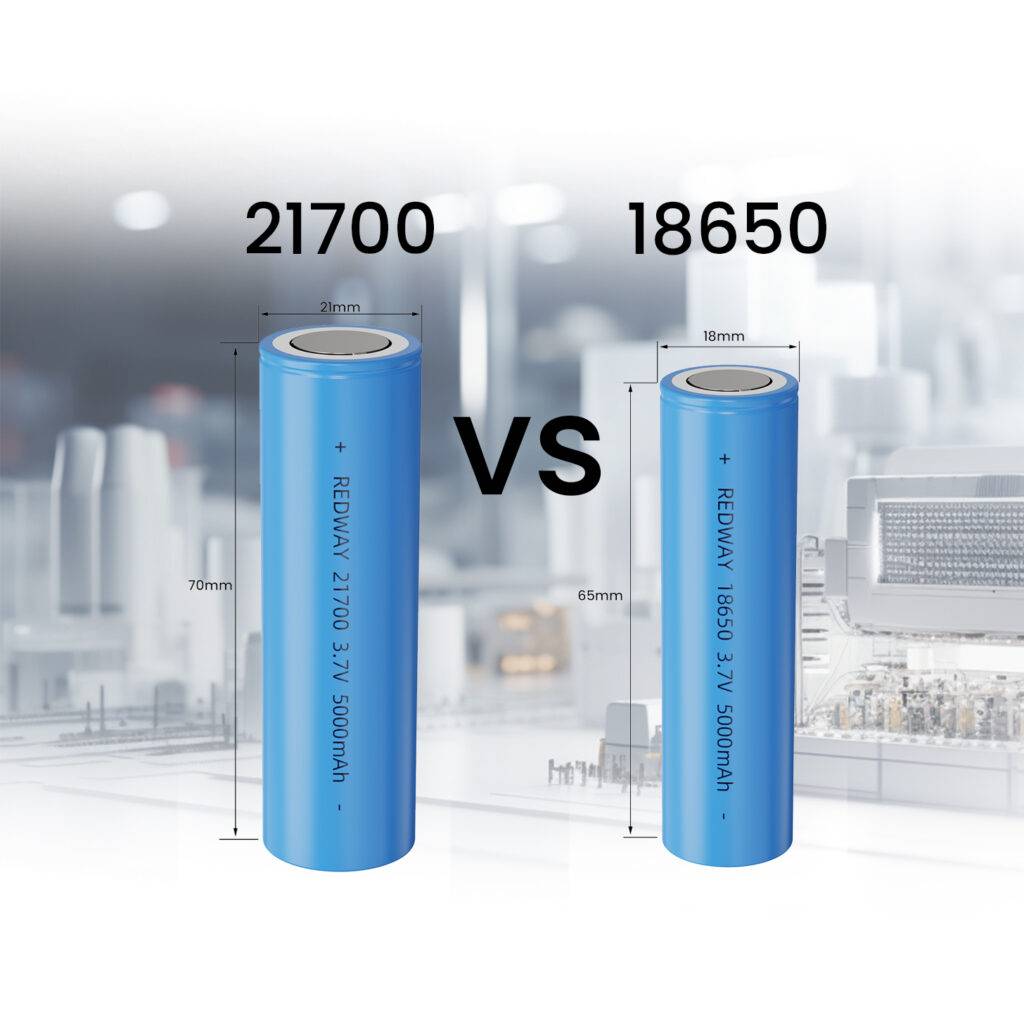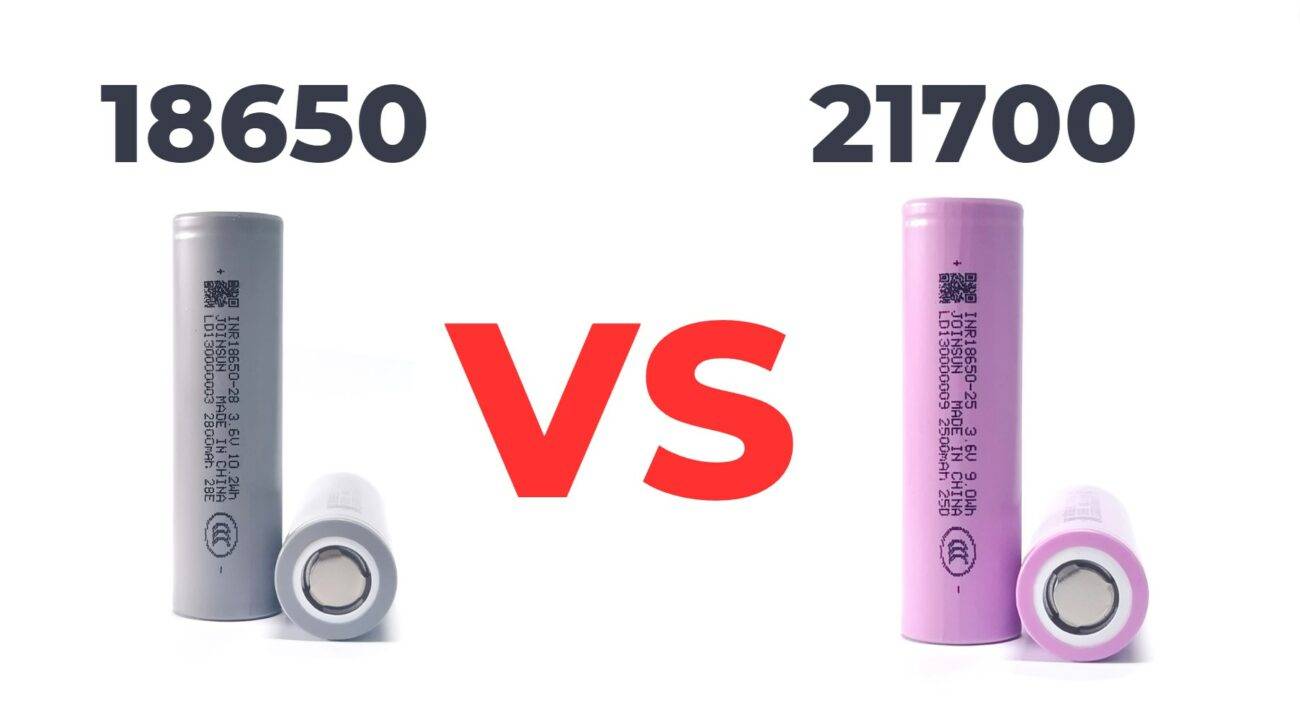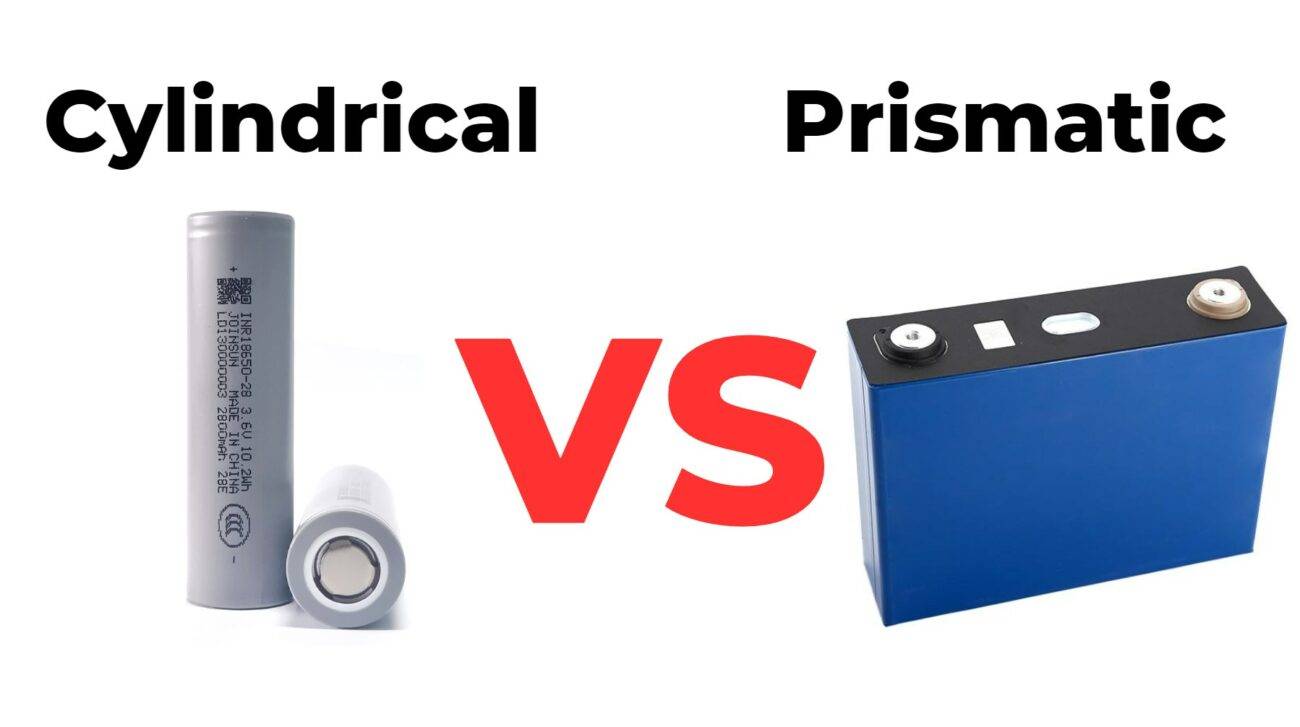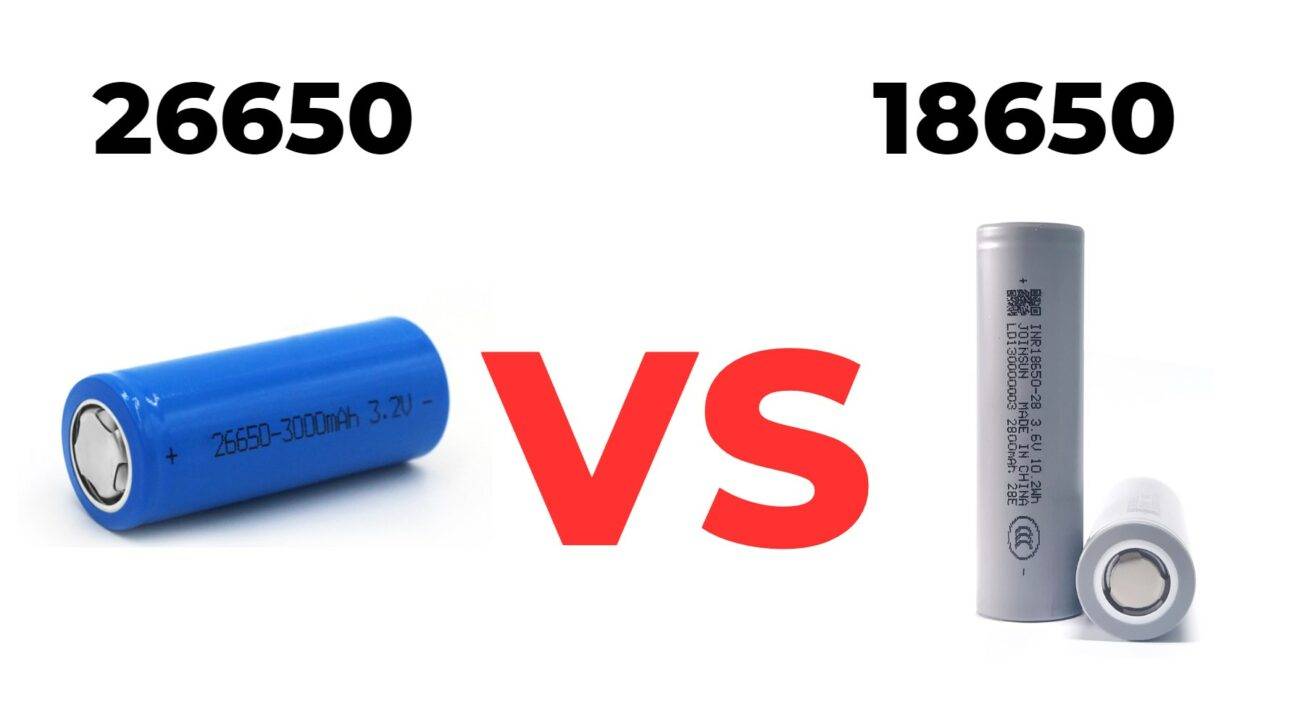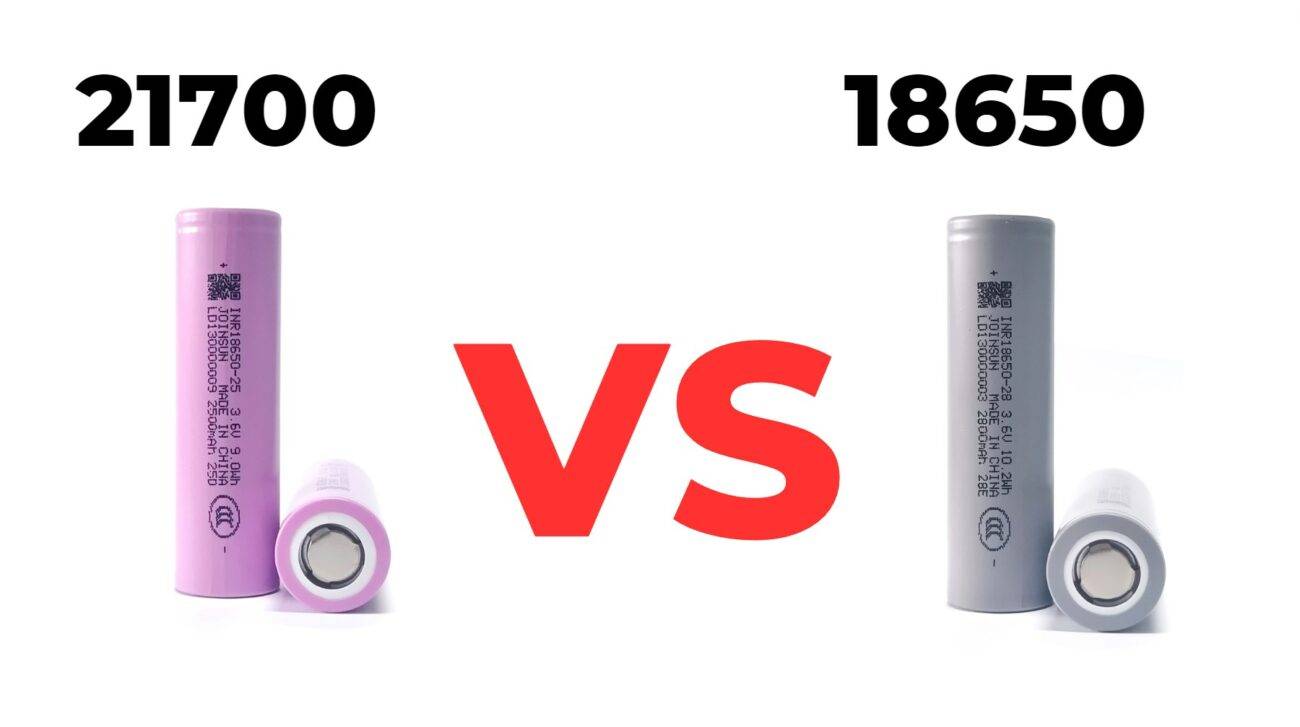In this article, we will explore the differences between AA and 21700 batteries, focusing on their specifications, applications, and performance characteristics to help you choose the right battery for your needs.
What Are AA Batteries?
AA batteries are cylindrical batteries that are widely used in household devices such as remote controls, toys, and flashlights. They typically have a nominal voltage of 1.5V when alkaline and can be rechargeable (1.2V) when using NiMH or NiCd chemistry.Chart: Specifications of AA Batteries
| Specification | Alkaline AA | NiMH Rechargeable |
|---|---|---|
| Voltage | 1.5V | 1.2V |
| Capacity | ~2000-3000 mAh | ~1800-2500 mAh |
| Chemistry | Alkaline | Nickel-Metal Hydride |
| Typical Use | Low-drain devices | Moderate-drain devices |
What Are 21700 Batteries?
The 21700 battery is a larger lithium-ion cell that measures approximately 21mm in diameter and 70mm in height. It has become popular in applications requiring higher energy density, such as electric vehicles, power tools, and high-performance flashlights.Chart: Specifications of 21700 Batteries
| Specification | Lithium-Ion |
|---|---|
| Voltage | Typically 3.7V |
| Capacity | ~3000-5000 mAh |
| Chemistry | Lithium-ion |
| Typical Use | High-drain devices |
How Do AA and 21700 Batteries Compare?
AA batteries are smaller, offering less energy storage and power output, typically around 1.5V. 21700 batteries, with a higher voltage (3.7V) and capacity, provide significantly more power and are used in high-demand devices like electric vehicles, while AA batteries are suited for low to medium-power applications.
When comparing AA batteries to 21700 batteries, several key differences emerge:
- Size: The most obvious difference is size; a single 21700 battery is significantly larger than an AA.
- Capacity: The capacity of a single 21700 battery often exceeds that of multiple AA batteries combined.
- Voltage: While AAs provide lower voltage per cell, multiple AAs can be combined to achieve higher voltages.
Chart: Comparison Overview
| Feature | AA Battery | 21700 Battery |
|---|---|---|
| Size | Smaller | Larger |
| Capacity | Lower | Higher |
| Voltage | Lower per cell | Higher per cell |
What Are the Applications of Each Battery Type?
AA batteries are widely used in remote controls, toys, flashlights, and other portable consumer electronics. 21700 batteries are used in electric vehicles, power tools, and high-performance applications due to their higher energy density and voltage.
What Are the Specifications of AA Batteries?
AA batteries typically have a 1.5V output, a capacity of around 1800-3000mAh (depending on type), and are available in alkaline, NiMH, and lithium chemistries. They are commonly sized at 50.5mm in length and 14.5mm in diameter.
What Are the Specifications of 21700 Batteries?
21700 batteries have a 3.7V nominal voltage, with capacities ranging from 3000mAh to 5000mAh or more, depending on the model. Their size is approximately 70mm in length and 21mm in diameter. They are commonly used in high-power applications due to their superior energy density.
What Are the Advantages of Each Type?
AA batteries are compact, widely available, and ideal for low-power devices. 21700 batteries, on the other hand, provide higher energy storage, longer battery life, and more power output, making them perfect for electric vehicles and high-demand electronics.
The advantages of using AA batteries include their widespread availability, lower cost, and compatibility with many devices. Conversely, the advantages of using a 21700 battery include higher energy capacity, longer run times for high-drain devices, and better performance under load.
How Does Size Impact Battery Performance?
The size of a battery affects its energy capacity and power output. Larger batteries, like the 21700, have higher capacity and can deliver more power over a longer period, while smaller batteries, like AA, are limited by their size and energy density, making them more suited for lower-power devices.
The size difference between AA and 21700 batteries directly impacts their performance characteristics:
- A larger battery like the 21700 can store more energy due to its increased volume.
- A smaller battery like an AA may be more convenient for portable devices but requires more frequent replacements or recharging.
Expert Views
“Understanding the differences between battery types like AA and 21700 is crucial for selecting the right power source for your devices,” states an expert from Redway Power. “Choosing wisely can enhance device performance while ensuring efficiency.”
Comparing Li-ion 18650 and 21700 Batteries with Standard AA Batteries: Performance and Advantages
Conclusion
Testing a golf cart battery charger involves checking power sources, measuring voltage output, and ensuring safe practices throughout the process. By following these steps, you can effectively diagnose issues with your charger, ensuring reliable performance when you need it most.
Frequently Asked Questions
- Can I use any multimeter for testing my charger?
Yes, as long as it can measure DC voltage accurately. - What if my multimeter shows no reading?
This may indicate that there’s no power going through; check connections and power source. - Is it safe to test while connected?
Always disconnect before inspecting or connecting probes; safety first! - How often should I test my battery charger?
It’s advisable to test periodically or whenever you notice charging issues. - What should I do if my charger is damaged?
Stop using it immediately and replace it with a new one for safety reasons.
- Can I use a 21700 battery in place of an AA battery?
No, due to size differences; they are not interchangeable without modifications to the device. - Which battery lasts longer in high-drain devices?
The 21700 battery typically lasts longer due to its higher capacity compared to multiple AAs. - Are there rechargeable options available for both types?
Yes, both rechargeable options exist; NiMH for AAs and lithium-ion for 21700s.
Q: Can I use a lithium-ion charger for my AA batteries?
A: No, lithium-ion chargers are designed specifically for lithium-ion batteries like the 21700, while AA batteries require different charging methods based on their chemistry (alkaline or NiMH).
Q: Are there rechargeable versions of AA batteries?
A: Yes, there are rechargeable NiMH or lithium-ion versions of AA batteries available that can be reused multiple times.
Q: How do I know if my device requires a specific battery type?
A: Check your device’s user manual or specifications label to see which type of battery is recommended or required.
- How does 21700 battery compare to AA in dimension?
The 21700 battery is larger than the AA battery, measuring 21mm in diameter and 70mm in length, while the AA measures 14.5mm by 50.5mm. Additionally, the 21700 typically has a higher capacity, ranging from 3000 to 5000 mAh compared to the AA’s 1800 to 3000 mAh. - What’s the difference between 21700 and 18650?
The primary difference between the 21700 and 18650 batteries is their size; the 21700 is larger (21mm x 70mm) compared to the 18650 (18mm x 65mm). This size allows the 21700 to have a higher capacity, usually between 3000 and over 5000 mAh, making it suitable for high-drain applications. - Is 21700 better than AA battery?
Yes, the 21700 battery is generally better than an AA battery for high-drain applications due to its higher capacity (3000-5000 mAh) and voltage (~3.7V). While AA batteries are suitable for low-drain devices, the larger size and energy output of the 21700 make it ideal for devices requiring more power. - Which lasts longer: AA or 18650?
The 18650 battery typically lasts longer than an AA battery in high-drain applications due to its higher capacity and rechargeability. While AA batteries may last several hours in low-drain devices, an 18650 can provide power for longer periods in devices like flashlights and laptops. - Compare 20700 to 21700 batteries.
The main difference between the 20700 and 21700 batteries is their size; the 20700 measures approximately 20mm x 70mm while the 21700 measures about 21mm x 70mm. The slightly larger size of the 21700 allows for increased capacity, typically ranging from 3000 to over 5000 mAh compared to most 20700 batteries. - Size difference: 26650 vs. 21700 batteries?
The size difference between the 26650 and the 21700 batteries is notable. The 26650 battery measures approximately 26mm in diameter and 65mm in length, while the 21700 measures about 21mm in diameter and 70mm in length. The larger diameter of the 26650 allows it to hold more energy but may not fit in devices designed for smaller batteries. - How does a 14500 battery match up to AA?
A 14500 battery is similar in size to an AA battery but offers a higher voltage of approximately 3.7V compared to the AA’s nominal voltage of about 1.5V. While both are cylindrical, the increased voltage of the lithium-ion-based 14500 makes it suitable for devices that require more power than standard AA batteries can provide. - Which battery is smaller: 26650 or 21700?
The smaller battery is the 21700, which measures approximately 21mm x 70mm, while the 26650 measures about 26mm x 65mm. Despite being shorter, the 21700 has a smaller diameter than the 26650, making it more versatile for various devices that accommodate different sizes. - Is a 14500 battery better than AA?
Yes, a 14500 battery can be considered better than an AA battery for specific applications due to its higher voltage (3.7V) compared to an AA’s nominal voltage (1.5V). This makes it suitable for devices that require more power while maintaining a similar size profile as an AA battery. - What’s the capacity difference between a 21700 and AA?
The capacity difference between a 21700 and an AA battery is significant. A 21700 typically has a capacity ranging from 3000 mAh to over 5000 mAh, while an AA battery usually ranges from 1800 mAh to around 3000 mAh. This higher capacity allows the 21700 to deliver more energy for longer periods. - How does an AA battery compare to a14500?
An AA battery generally has a lower voltage (1.5V) compared to a 14500, which has a nominal voltage of approximately 3.7V. While both are cylindrical batteries, the increased voltage of the 14500 allows it to power devices requiring more energy than what standard AA batteries can provide effectively.
Know more:
How do the costs of AA and 21700 batteries compare over time
What are the environmental impacts of disposing AA and 21700 batteries
Which devices are best suited for 21700 batteries
How does the energy density of 21700 batteries affect their performance
Are there any compatibility issues when using 21700 batteries in devices designed for AA batteries



